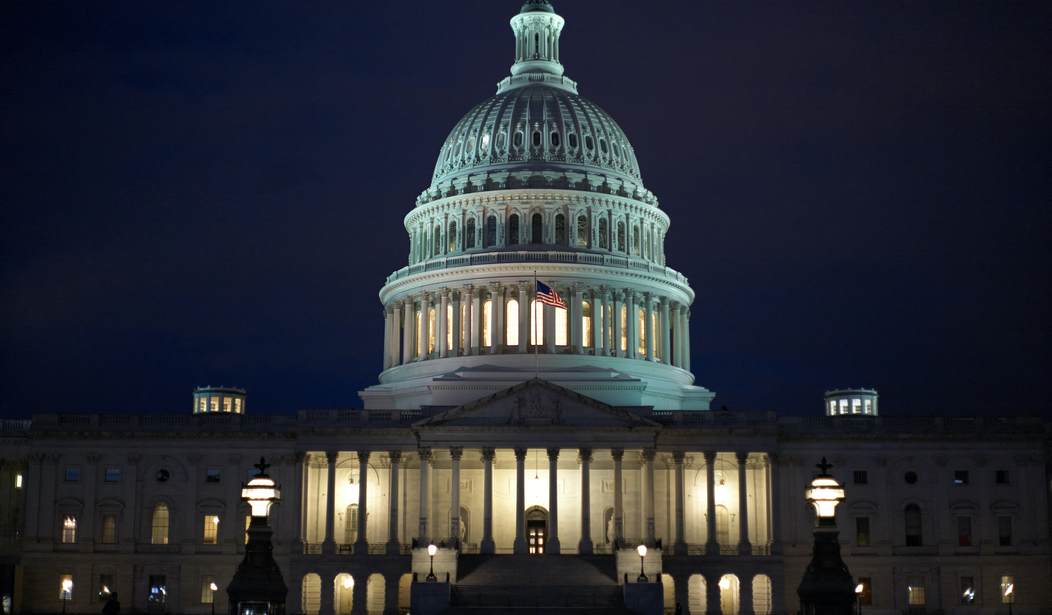The Supreme Court’s recent decision to limit the scope of criminal charges against former President Donald Trump for his role in the Jan. 6 riot at the U.S. Capitol and efforts to overturn the election has spurred fierce debates across the nation. In an unsparing dissent, Justice Sonia Sotomayor said the ruling allowed the former president to become a “king above the law.”
This charge—a dog whistle, according to Chief Justice John Roberts, who accused the liberal justices of fear mongering in the 6-3 majority opinion—is a direct appeal to the American collective memory and our nation’s fundamental distrust of tyranny born of rebellion against the British Crown during the American Revolution.
Yet, as the country attempts to gaze through the fog of partisan war in Washington, it would be helpful to reexamine the principles that guided the founding of our nation nearly 250 years ago. Although our system of checks and balances safeguards our Republic from descending into monarchy, lessons from our past can offer valuable insights on how to respond if tyranny ever arises.
While Anglo-centric scholars are quick to focus on the contributions of 17th and 18th century British, French, or Scottish Enlightenment thinkers, the Late Hispanic Scholastics of 16th century Spain — particularly those of the School of Salamanca — had an undeniable influence on the American revolutionary project and offer some fundamental insights into the Western understanding of the limits of political power.
These prolific thinkers—including Francisco Vitoria, Francisco Suarez, Luis de Molina, and Juan de Mariana—laid the groundwork for modern international law, and economic theory, and raised timeless questions about the ethical limitations of political authority. Born in the aftermath of 1492, Spain’s “annus mirabilis” and the discovery of the New World, these "Spanish Schoolmen" were among the first modern thinkers to challenge both state and ecclesiastical power in an age of absolutism—and amid the first globalization.
Recommended
Shortly after the Spanish Crown began its expansionary project in the Indies, Vitoria wrote his 1532 De Iure Belli, rejecting the notion that either the emperor or the pope was the master of the world. He argued that Emperor Charles V had no right to indigenous territories and cited Juan de Torquemada's Summa de Ecclesia to emphasize that the pope's authority was spiritual and not temporal.
His writings, and the subsequent debates they inspired, eventually led Pope Paul III to issue the bull Sublimis Deus in 1537, declaring that the natives were fully human, had souls, and possessed a natural right to property. Soon after in 1542, the Spanish Crown issued the New Laws, which expanded upon the Laws of Burgos, offering considerable protections for the life and rights of Native Americans
The influence of these Hispanic scholastics extended far beyond the Spanish Atlantic World, deeply permeating Western political and economic thought. René Descartes' philosophical foundations were rooted in Suarezian principles, John Locke's concepts of government and natural rights mirrored those of Mariana, and Adam Smith's labor theory of value echoed the earlier arguments put forth by Pedro de Valencia.
Yet what is perhaps most striking is the Founders’ proven familiarity with Juan de Mariana, whose General History of Spain was owned and often cited in letters by John Adams, Thomas Jefferson, and James Madison. This is especially noteworthy as his infamous De Rege et Regis Institutione laid out a poignant defense of regicide in the face of tyranny.
Published in 1599, De Rege fiercely opposed the absolutism that had descended upon Europe. Mariana transformed the scholastic doctrine of tyranny into a critique of real monarchs, denouncing rulers like Cyrus the Great, Alexander the Great, and Julius Caesar as tyrants who gained power through injustice. Unlike previous scholastics, Mariana argued that the people had the right to reclaim political power whenever a ruler abused it, arguing that the fear of retribution would deter rulers from becoming tyrannical.
Mariana's bold ideas significantly influenced Western political thought, emphasizing popular consent and the superiority of the people over the government-- ideas that would later resonate with John Locke's theories on social contract and the right to rebellion.
Further proof of the Founders’ admiration for Hispanic limits on royal power can be seen in the writings of John Adams, who considered the Iberian Fueros a precedent for the United States Constitution and expressed his admiration for them in Letter IV of A Defence of the Constitutions of the Government of the United States of America.
Ultimately, although we live in a republic—one designed with guardrails to prevent our executive from devolving into tyranny—the lessons from the Spanish schoolmen remain invaluable for understanding Western conceptions and limitations of power. Even in an age of absolutism, these great thinkers demonstrated that the power of monarchs must be restrained and their limits enforced.
Justice Sotomayor's provocative assertion that the court’s declaration served as the former president’s de facto coronation offers us an opportunity to reflect on the lessons learned from one of history’s great monarchies. By revisiting these insights, we can better appreciate the importance of vigilance and accountability in safeguarding our democracy.
























Join the conversation as a VIP Member